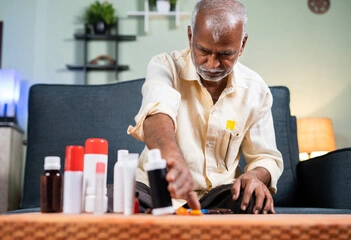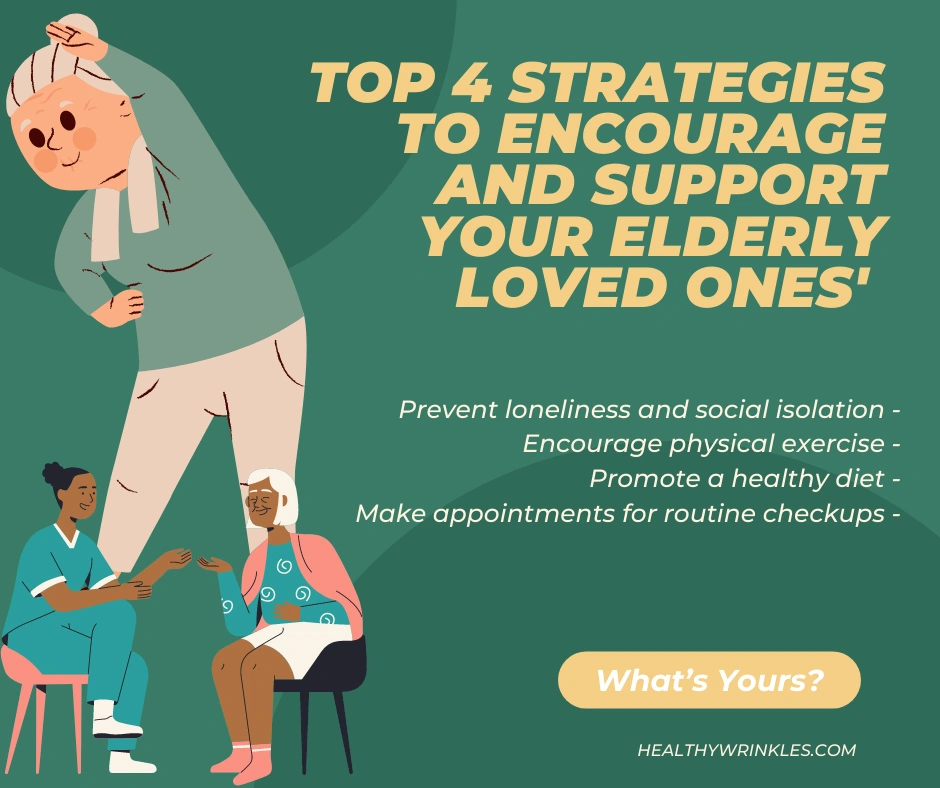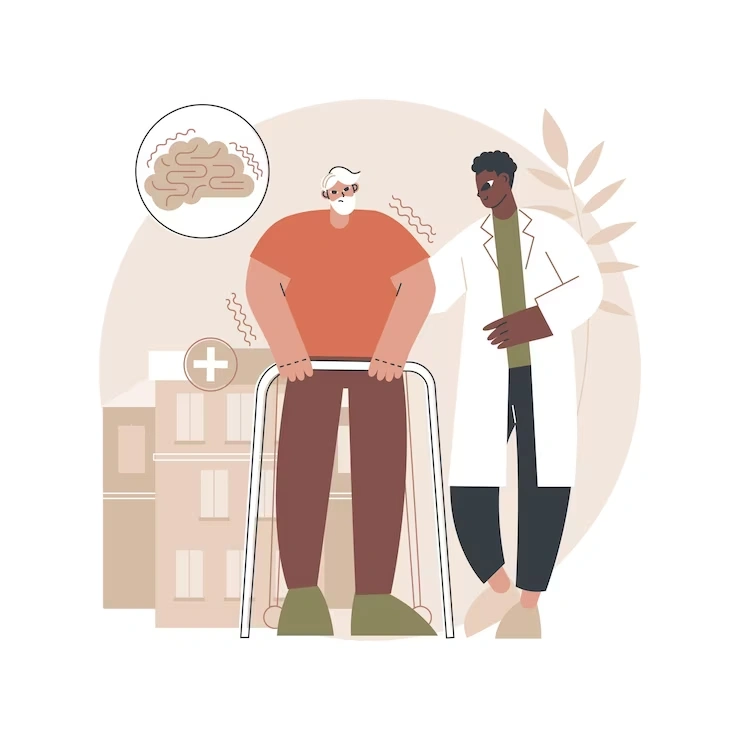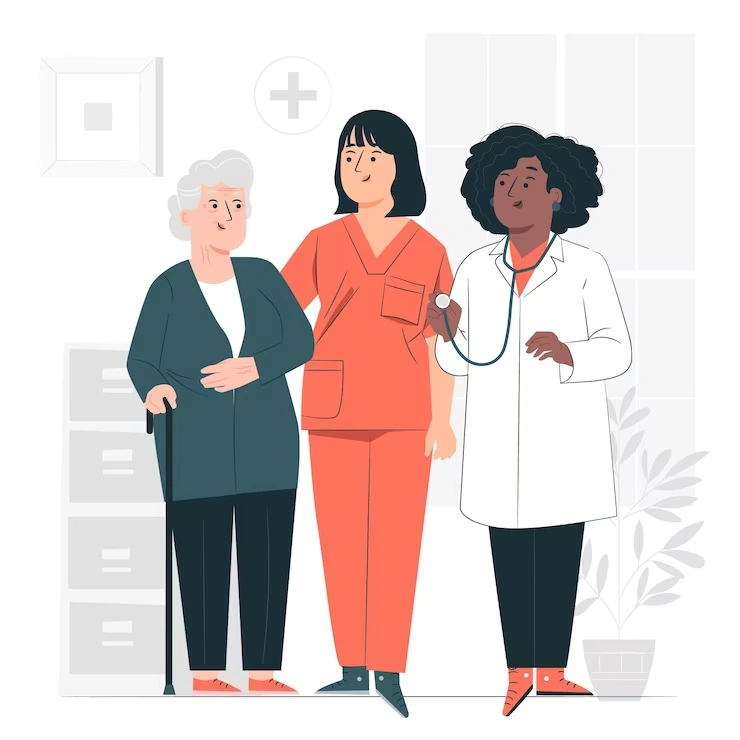When to Refuse Antibiotics for Infections
Doctors prescribe millions of antibiotics each year. The drugs will have no effect unless the infection is caused by bacteria, which is usually not the case. The more antibiotics bacteria are exposed to, the less likely they are to respond to the drugs. The more antibiotics tablets you take, the more likely you are to develop an antibiotic-resistant infection. Doctors are aware of this, but they frequently prescribe antibiotics medicine anyway, partly because patients expect it.
Here are six situations in which antibiotics should be avoided.
1.Infections of the Respiratory Tract
Colds, flu, and the majority of other respiratory infections are caused by viruses, which are generally resistant to antibiotics. Bronchitis is typically caused by a virus or an airborne irritant, such as cigarette smoke. The majority of sore throats are also viral. One in every ten sore throats is caused by strep throat, a bacterial infection that can be treated with antibiotics.
Skip the antibiotics and instead relieve symptoms by drinking plenty of liquids, breathing moist air, gargling with salt water, and taking acetaminophen (Tylenol and generic) or ibuprofen (Advil and generic).
2.Infections of the Sinus
These are mostly caused by viruses. Even when bacteria are the source of the infection, these infections usually resolve on their own within a week.
Drink warm liquids, breathe warm, moist air, and keep your head propped up when lying down to loosen and drain mucus. Antibiotics should be considered only if you are still sick after 10 days, if you get better and then worse, or if you have a high fever and thick, colored mucus for three or more days in a row.
3. Conjunctivitis
Antibiotics will not help because pink eye (conjunctivitis) is usually caused by a virus or allergy. Even bacterial pink eye usually resolves itself within 10 days. Use a clean, cool, wet compress to relieve pink-eye symptoms. Antihistamine eye drops can help with pink eye caused by allergies.
Consider antibiotics for a bacterial pink eye if you have a weakened immune system if the condition does not improve after a week without treatment, if the eye is very swollen or painful, or if it develops a thick, crusty discharge.
4. Urinary Tract Infections in the Elderly
Antibiotics can help treat urinary tract infections (UTIs). However, even if no symptoms are present, older adults may be treated for a UTI if a routine urine test reveals bacteria. Bacteria living in the bladder of an elderly person is not uncommon but does not always cause an infection.
Consider antibiotics only if UTI symptoms, such as pain or burning during urination or a strong desire to urinate frequently, are present.
5. Eczema.
Antibiotics may be used to treat eczema, which causes dry, itchy, red skin. However, antibiotics will not relieve itching or redness. To relieve eczema, keep your skin moisturized and avoid triggers, which differ from person to person. In order to relieve itching and swelling, consult your doctor about a medicated cream or ointment. Antibiotics should be considered only if you have symptoms of a bacterial infection, such as pus-filled bumps, honey-colored crusting, very red or warm skin, or a fever.
Antibiotic stewardship is critical, but avoiding antibiotics at all costs is not the answer.











